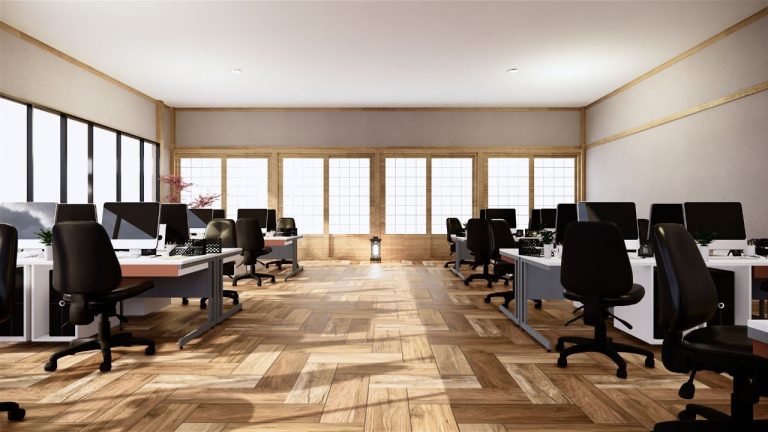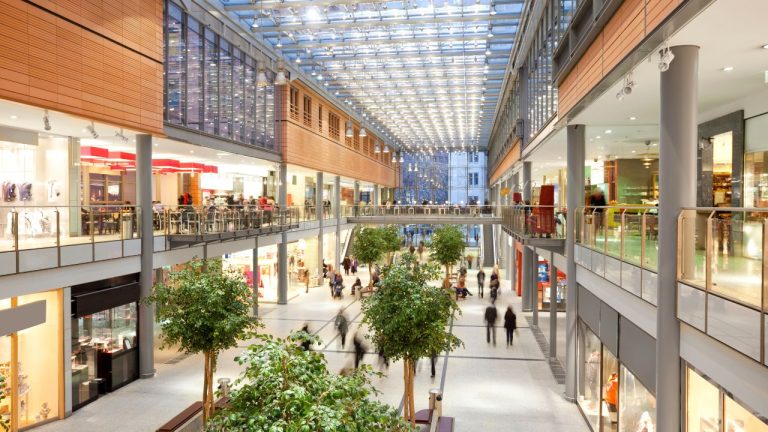Accurate Tenant Mix Strategies in Shopping Centers
Retail leasing and particularly in shopping centers are specialised parts of our property industry. Those of us that know the processes would probably say that it is a most interesting part of the business. I would agree.
Some retail leasing specialists make very large brokerage commissions because they are focusing on some if not all of the following:
- Large shopping centers where specialist services are required
- Big leases for large tenancies and top locations
- Brand names in fashion, electronics, food, etc.
- Destination tenants that are proven performers
- Franchise brands that draw customers
- Tenant clustering for improved rent and customer numbers
- Tenant mix strategies and placement
- Retail lease negotiations and rental strategies
- Retail lease documentation and disclosures
- Anchor and specialist tenant placement
- Product offering and permitted uses
- Customer visits and sales improvement by retail category
- Retail shopping center marketing
Some of these issues and processes are quite specific. They take a lot of focus but they are not hard to work towards.
Not that long ago a leasing agent said to me, ‘How do I get into the retail leasing market? Most Retail Center Managers do their own leasing or will not let me talk to them.’ The statement is not totally true. Here is why.
Connecting with Center Managers
Retail Center Managers may do some leasing themselves but rarely will they do all of it; they simply do not have the time. They do appreciate working with good retail leasing specialists that have the contacts with top retailers and understand the retail leasing processes for quality retail properties.
So the message here is this; if you want to move into retail shopping center leasing and or property management, start the process by improving your knowledge of retail shop leasing and grow your database of top retailers; talk to the retailers to see what they are looking for. Visit a few larger shopping centers on a regular basis to see what works and what is not working.
Get to know the retail center managers and leasing specialists. Build the relationships and see what they are looking for in tenant placement and mix.
Growing Retail Leasing Knowledge
As with all things in our complex industry, knowledge builds relevance and relevance builds opportunity. I have worked on quite a few very large shopping centers in one form or another over the years, so I know that knowledge will help you get started in retail leasing. You can move from leasing single retail shops to those in smaller shopping centers and then onto the regional shopping complexes.
Tenant Mix Strategies
Start your movement into the retail leasing industry by taking your already established leasing skills and move that knowledge into retail tenant selection and placement. Talk to shopping center owners, retail tenants, and franchise groups. Some will share their knowledge and information with you. Some will share their needs.
Here are a few ideas to help you in reviewing and understanding retail tenant mix:
- Most tenant placements should be looked at with due regard to other tenants in the cluster and the customer requirements for the property. Clusters are small groups of tenants in a location within a retail property. A good tenant cluster will encourage retail sales. A larger and successful shopping complex will have a number of clusters scattered in strategic points of the property.
- Anchor tenant leasing is very different than a normal retail lease. The lease terms are longer as is the rent. The marketing value that the anchor tenant brings to the property is really important. There must be a clear match to the customer demographic and the surrounding specialty tenants.
- Check out the franchise chains and the retail fashion chains that may be looking to locate another shop in your area. In doing that you will need to ask about their standard lease terms needed for a new shop location.
- Market rentals will change with location and retailer; they will also change by property. Some retail tenant types dictate a larger rental than others per unit of area. Food would be a case in point. Study the differences in rental by tenant type. You can compare those rents by relating them back to a percentage of sales.
- Marketing is a big issue in any retail shopping complex. Every tenant should have a marketing plan for their retail offering and the property should have an overall marketing plan that attracts customers to the property across seasonal sales times and festivities.
So the message here is that you can do a lot from a professional perspective in retail property leasing. It is a specialist field. You can develop the right skills to enter into it with relevance and opportunity as an agent or broker.






